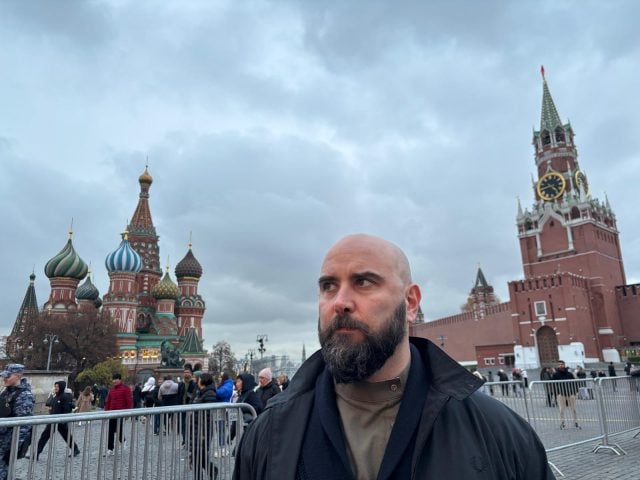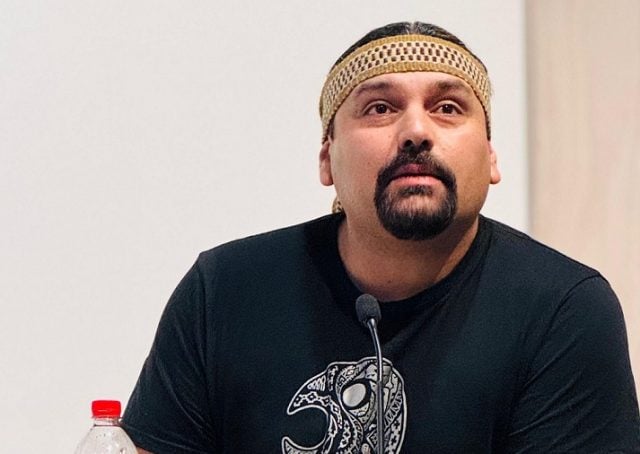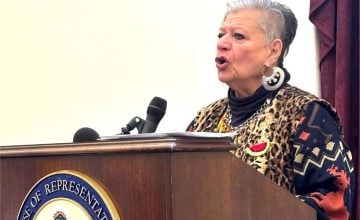Original article: Cuando las señales son claras: Quien niega derechos a las mujeres, los negará a todos
By Karen Espíndola, Writer and Diploma Holder in Women’s Human Rights. Author of «My Testimony: Abortion, State, and Hypocrisy in Chile» and «The Power of Patriarchal Morality»
For years, I have shared my story publicly. I did not do it for exhibitionism, but because I experienced firsthand what it means for the state to make decisions about a woman’s body without considering her dignity, mental health, or life plans. My son was born with a condition incompatible with life, and yet I was forced to continue a pregnancy that left scars that never fade. This experience shaped my destiny and, almost unknowingly, turned me into a testament to what happens when politics chooses to close its eyes to human realities.
Thus, when I hear certain public stances on women’s human rights—positions I have encountered directly in debates, interviews, and conversations where I defended abortion under three conditions—I cannot remain silent. There are sectors that have openly expressed their rejection even of the minimum legal grounds: risk to the mother’s life, fetal incompatibility, and rape. I do not speak of assumptions or caricatures but of documented statements and votes made over the years.
What has recently occurred with the provision introduced by parliamentarians close to José Antonio Kast in the Budget Law—an initiative that seeks to collect sensitive information from women who abort under the three conditions—is a concerning example. Although dressed as «management» or «administration,» opening health databases to identify women exercising a legal right is not only a violation of their privacy; it is a political signal of regression. It establishes conditions for surveillance, stigmatization, and, in the worst cases, persecution.
Those of us who have gone through these processes know what it means to be exposed. We understand what happens when the state ceases to guarantee rights and becomes a moral enforcer. We know that these decisions do not occur in a vacuum: they take place in an environment where candidate Kast has openly defended positions that reduce women to a subordinate role within society.
It is not necessary to agree on everything to recognize that these signals are grave. This is not just about a provision. It is not just an opinion expressed in an interview. It is a political trajectory that has questioned current rights, sought to reverse historical achievements of women, and now aims to move towards control mechanisms under the pretext of public administration, revealing a disturbing signal about how far a political project that views women’s rights as something regulable could go, rather than as fundamental guarantees. It is inevitable to think about what such a government would mean for our freedoms, especially in a country as conservative and hypocritical as ours, where every advance has taken decades of struggle, exposure, and pain. We cannot ignore what it would mean to retreat from rights that we have only just begun to conquer.
My story has traveled the country and the world not because it is exceptional, but because it symbolizes what many women live in silence. That is why I continue to write. Because I know exactly what it means when those making decisions do not see women as subjects of rights but as objects of moral regulation.
The life, dignity, and privacy of women are once again in danger, and that hurts deeply and should lead us to reflect: What did we do wrong as a society to return to this point? How did we allow our hard-earned rights to be questioned again? A call to examine what brought us here.

Continue reading on this topic:
El Ciudadano











